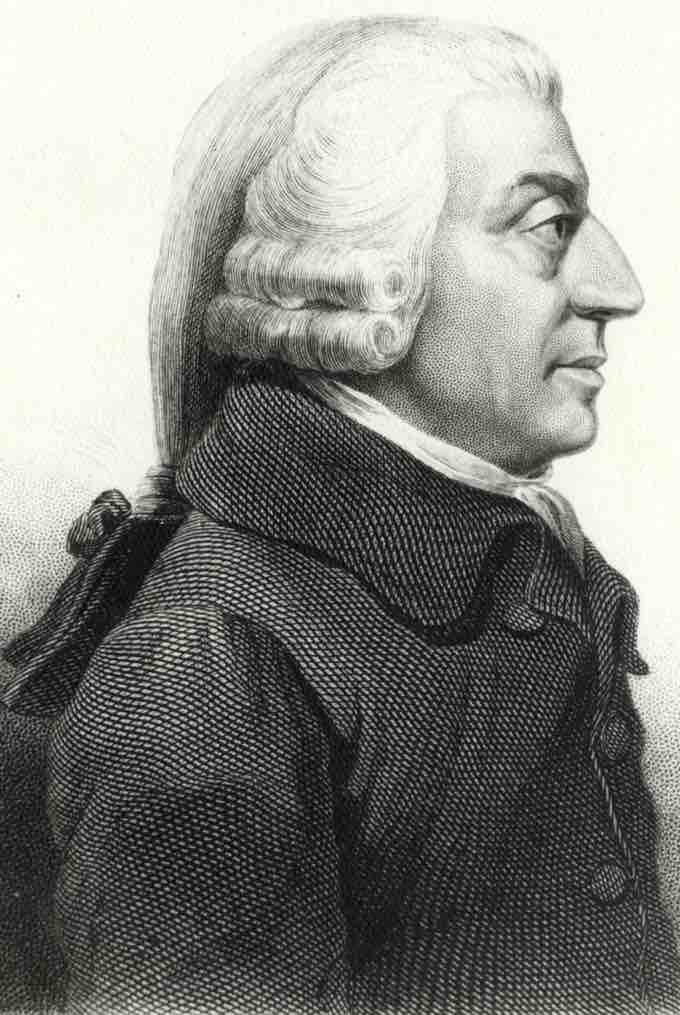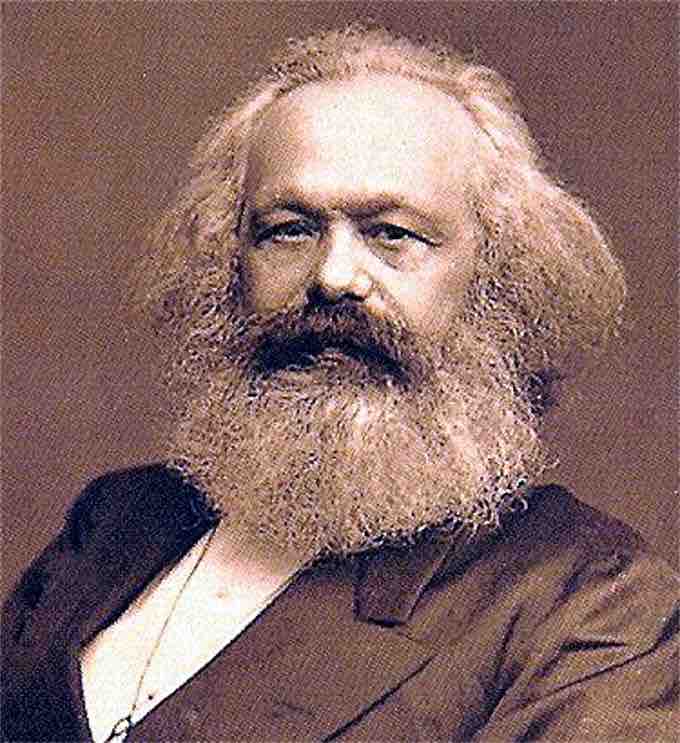In the most simple of terms, economies consist of producing goods and exchanging them. Economies can be divided into formal economies and informal economies. A formal economy is the legal economy of a nation-state, as measured by a government's gross national product (GNP), or the market value of all products and services produced by a country's companies in a given year. Informal economies are frequently less institutionalized and include all economic practices that are neither taxed nor monitored by a government.
Economies are fundamentally social systems. They require exchanges or transactions; it is impossible for an individual to participate in an economy entirely independent of others. One cannot think of economies as discrete entities; economic systems necessarily interact with social and political systems.
Capitalism
Capitalism is an economic and social system in which capital and non-labor factors of production, or the means of production, are privately controlled; labor, goods, and capital are traded in markets; profits are taken by owners or invested in technologies and industries; and wages are paid to laborers. Though capitalism has developed incrementally since the sixteenth century, Scottish philosopher and economist Adam Smith is largely credited with outlining the theory in its most fully-fledged form in his 1776 tome An Inquiry into the Nature and Causes of the Wealth of Nations .

Profile of Adam Smith, by James Tassie, 1787
Author of the Wealth of Nations
The Market
A market is a central space of exchange through which people are able to buy and sell goods and services. In a capitalist economy, the prices of goods and services is mainly controlled through the principles of supply and demand and competition. "Supply and demand" refers to the balancing of the amount of a good or service produced and the amount available for sale . Prices rise when demand exceeds supply and fall when supply exceeds demand. The market coordinates itself through pricing until a new equilibrium price and quantity is reached. Competition arises when many producers are trying to sell the same or similar kinds of products to the same buyers.
The Government
Though the market is encouraged to act on its own, in any capitalist economy, the government is intimately involved in regulating the economy. This can be done through anti-trust laws or minimum wage laws. On a far more basic level, the government allows individuals to own private property and individuals to work where they please. The government generally allows businesses to set wages and prices for products without much interference. The government is responsible for issuing money, supervising public utilities, and enforcing private contracts. Laws protect competition and prohibit unfair business practices. Government agencies regulate the standards of service in many industries, such as airlines and broadcasting, and they finance a wide range of programs. Additionally, the government regulates the flow of capital and uses methods such as interest rates to control factors such as inflation and unemployment. Though the government in capitalist nations largely adheres to the basic principles of economic interference, it largely engages with the economy.
Socialism
Capitalism functions in distinction from socialism, or various theories of economic organization that advocate public or direct worker ownership and administration of the means of production. Socialism calls for public allocation of resources, creating a society characterized by equal access to resources for all individuals with a method of compensation based on the amount of labor expended. Many socialists criticize capitalism for unfairly concentrating power and wealth among a small segment of society that controls capital and derives its wealth through the exploitation of lower classes .

Karl Marx
Religion, Marx held, was a significant hindrance to reason, inherently masking the truth and misguiding followers.
The Informal Economy
An informal economy is economic activity that is neither taxed nor monitored by a government. Although the informal economy is often associated with developing countries, all economic systems contain an informal economy in some proportion. Informal economic activity is a dynamic process which includes many aspects of economic and social theory: exchange, regulation, and enforcement. By its nature, the informal economy is difficult to observe, study, define, and measure. The terms "under the table" and "off the books" typically refer to this type of economy, and there are various examples for this type of economic activity, including the sale and distribution of illegal drugs or unreported payments for house cleaning or baby sitting, among others.